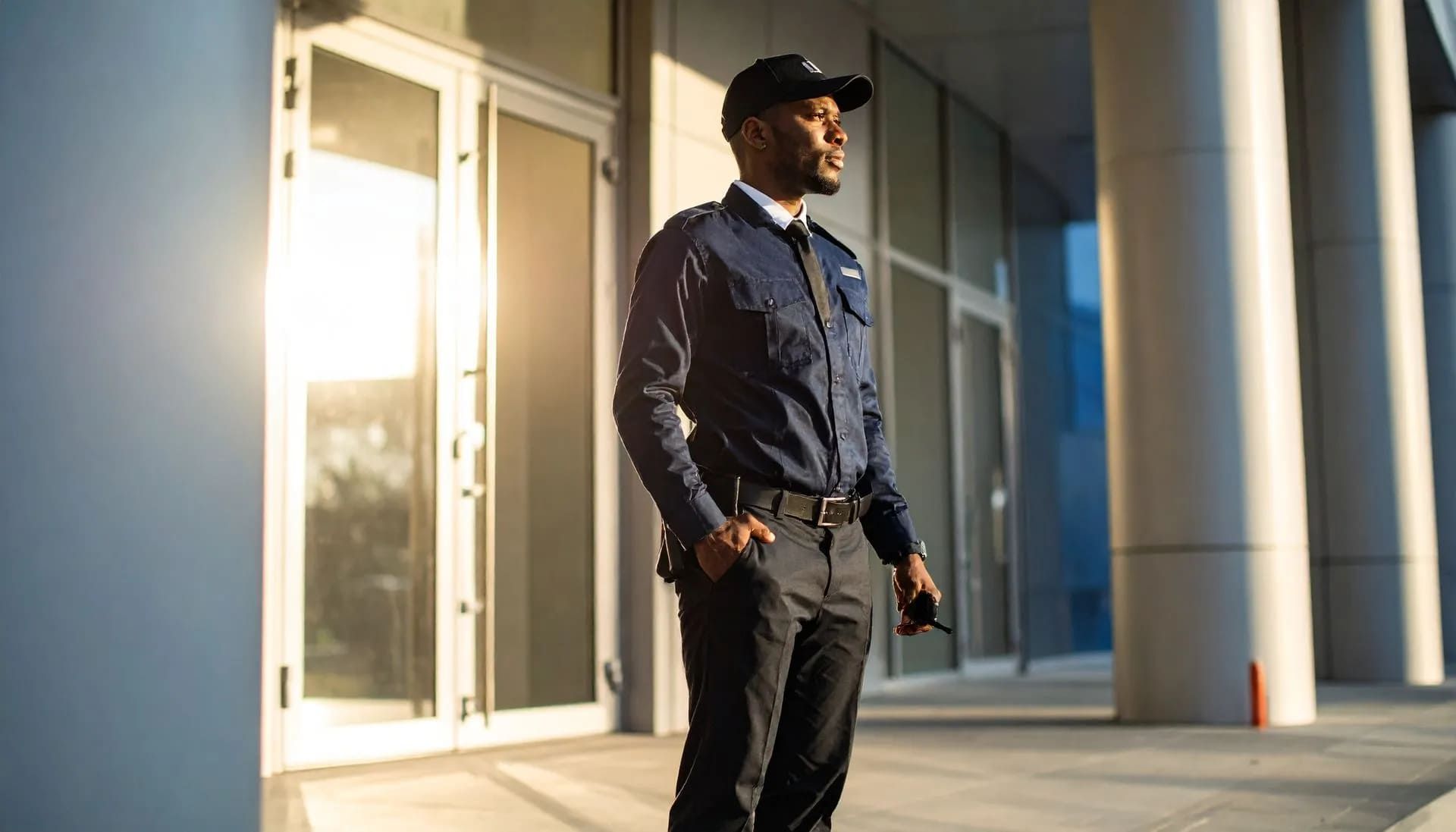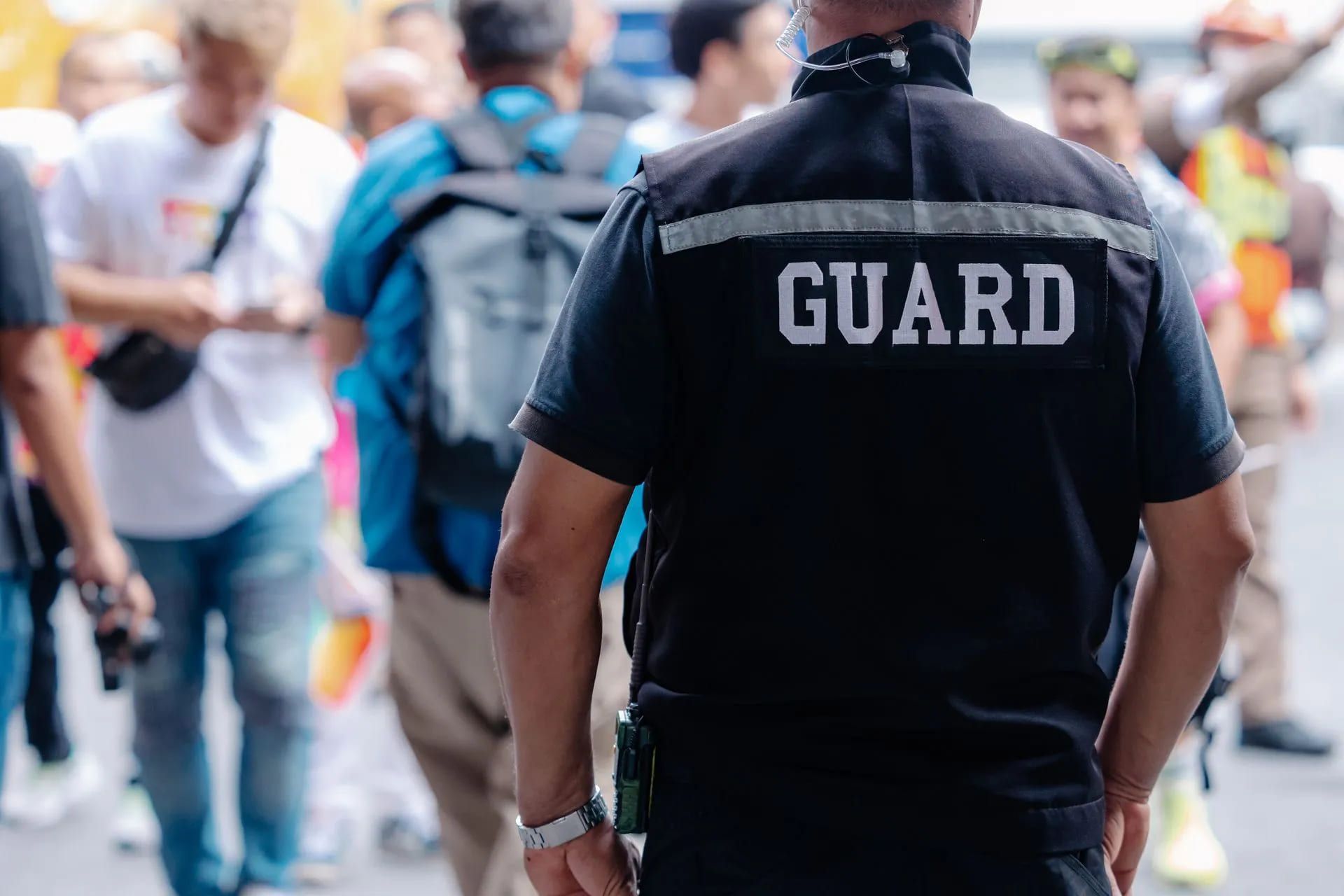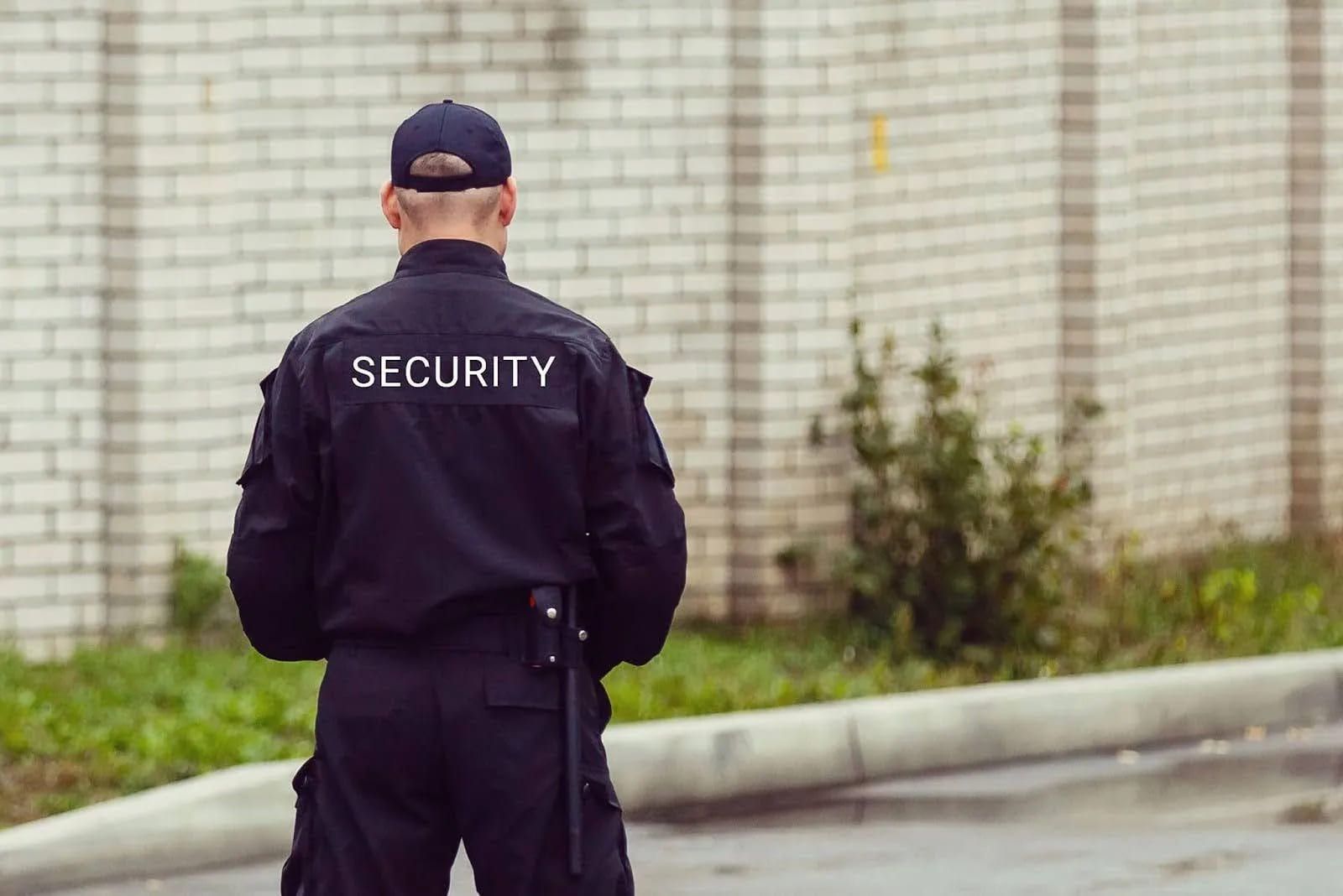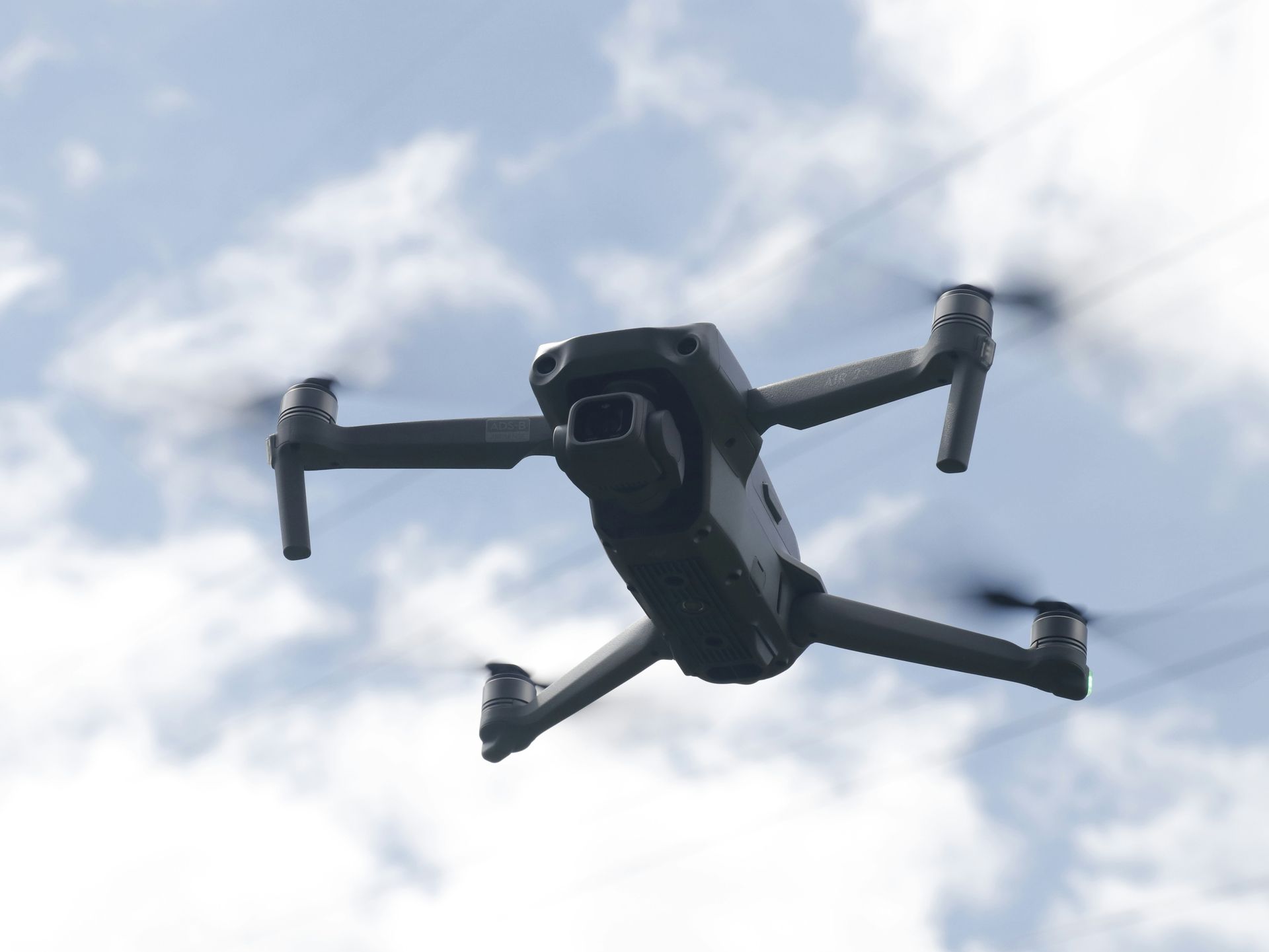Mobile vs. Foot Patrols: A Comparison

When it comes to securing a property or facility, the options often boil down to mobile patrols or foot patrols. Each approach comes with its own set of benefits and drawbacks. Understanding the nuances between these two types of patrol services can significantly impact the overall effectiveness and cost of your security measures. We will shed light on the key differences between mobile and foot patrols, thereby aiding decision-makers in selecting the best fit for their security needs.
Why Choose California Patrol Enforcement Security Services
Before diving deeper into the intricacies of mobile and foot patrols, it's important to consider why you might opt for private security services like those offered by California Patrol Enforcement. Private security companies offer a different set of advantages compared to traditional police services. While police departments are generally responsible for maintaining public order and safety, their resources are often stretched thin, making it difficult to focus on specific properties or areas. On the other hand, private security firms can dedicate their services to your specific needs, offering customized patrol options, immediate response times, and specialized training that aligns with your particular security concerns. The choice between private security and police services, therefore, boils down to the level of customization and focus you require for your property or facility.
The Basics of Mobile Patrols
Mobile patrols involve security officers patrolling an area using a vehicle, typically covering a larger geographical region than foot patrols. The primary functions of mobile patrols include property inspections, crime deterrence, locking amenities, and arming alarms. One of the most notable advantages of mobile patrols is their unpredictability. Since there's no set time for the officers to show up at a location, it makes it harder for criminals to anticipate their movements, thus acting as an effective deterrent.
Cost-Effectiveness
Mobile patrols tend to be more cost-effective for the client. Given that a vehicle is used, a single officer can cover more ground in less time compared to foot patrols. This means fewer officers may be needed, which could translate into financial savings without compromising the level of security provided.
The Fundamentals of Foot Patrols
Foot patrols are more location-centric, with officers dedicated to a specific facility or fixed area. They focus on crime deterrence and often engage more directly with the community. Foot patrols can offer thorough inspections of a facility, locking of amenities, and other functions that require a hands-on approach.
Attention to Detail
While foot patrols may not cover as much ground as mobile patrols, they provide an added level of intimacy and attention to detail. Security officers on foot can interact more closely with the community, quickly identify suspicious activity, and can navigate spaces that are not accessible by vehicle.
The decision between mobile and foot patrols is not one-size-fits-all and depends on a variety of factors, including the area's size, budget constraints, and specific security needs. Mobile patrols offer the advantage of unpredictability and cost-effectiveness, covering a larger area more quickly. In contrast, foot patrols provide a more intimate and detailed level of security, ideal for smaller areas that require closer attention. By understanding these differences, decision-makers can make a more informed choice, ensuring that their selected patrol method aligns well with their security requirements.
If you're grappling with the decision between mobile and foot patrols for your security needs, we're here to help you make the best choice. Contact us today to discuss your specific requirements and discover tailor-made security solutions that work for you.











